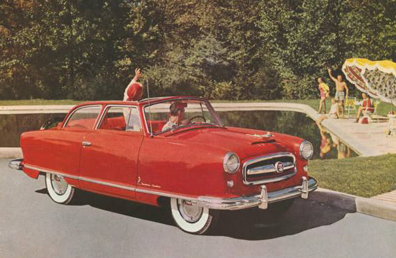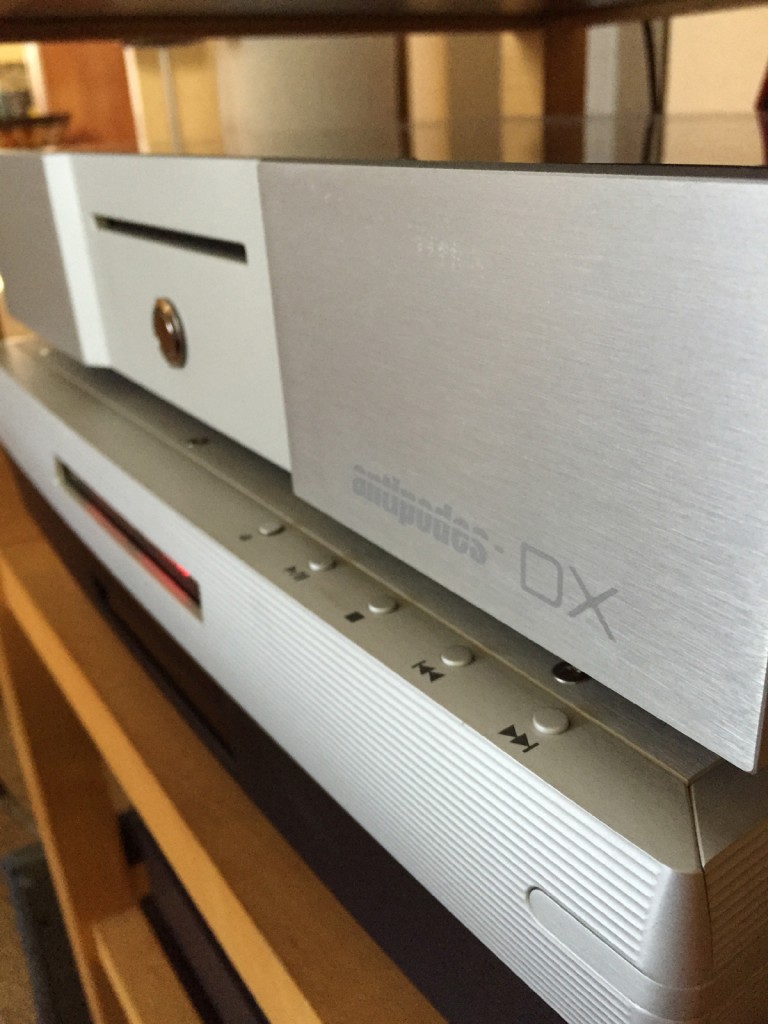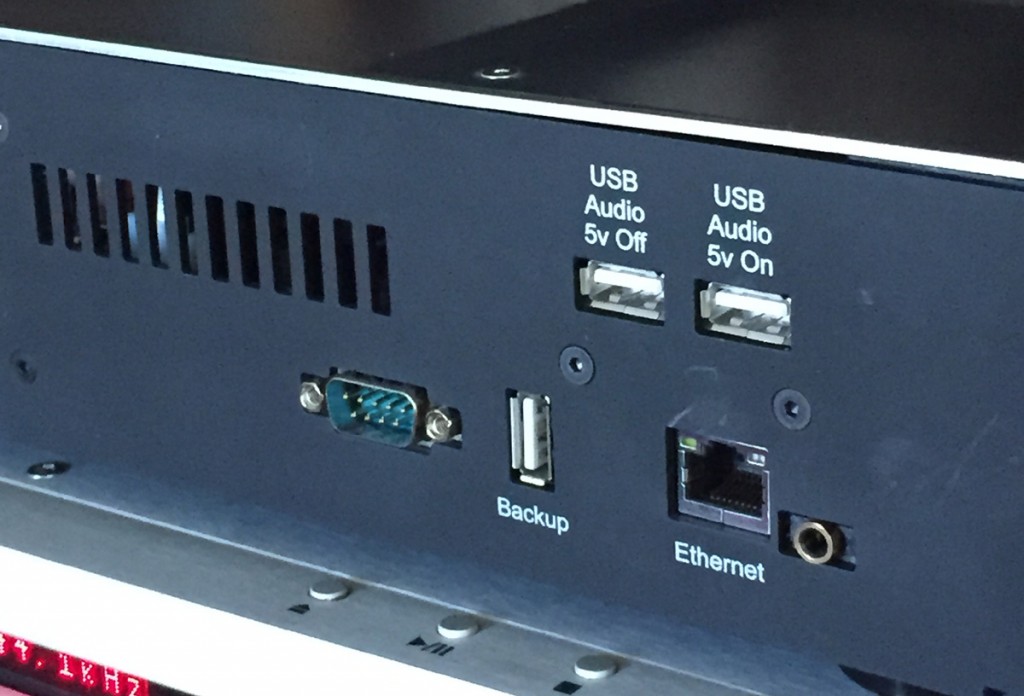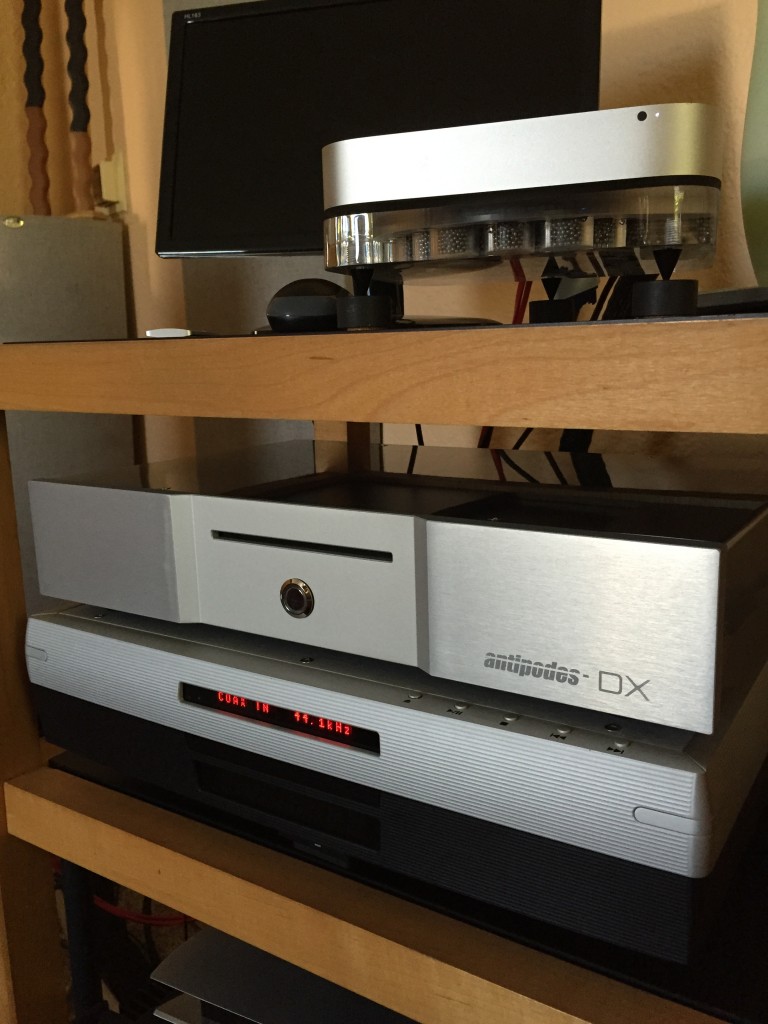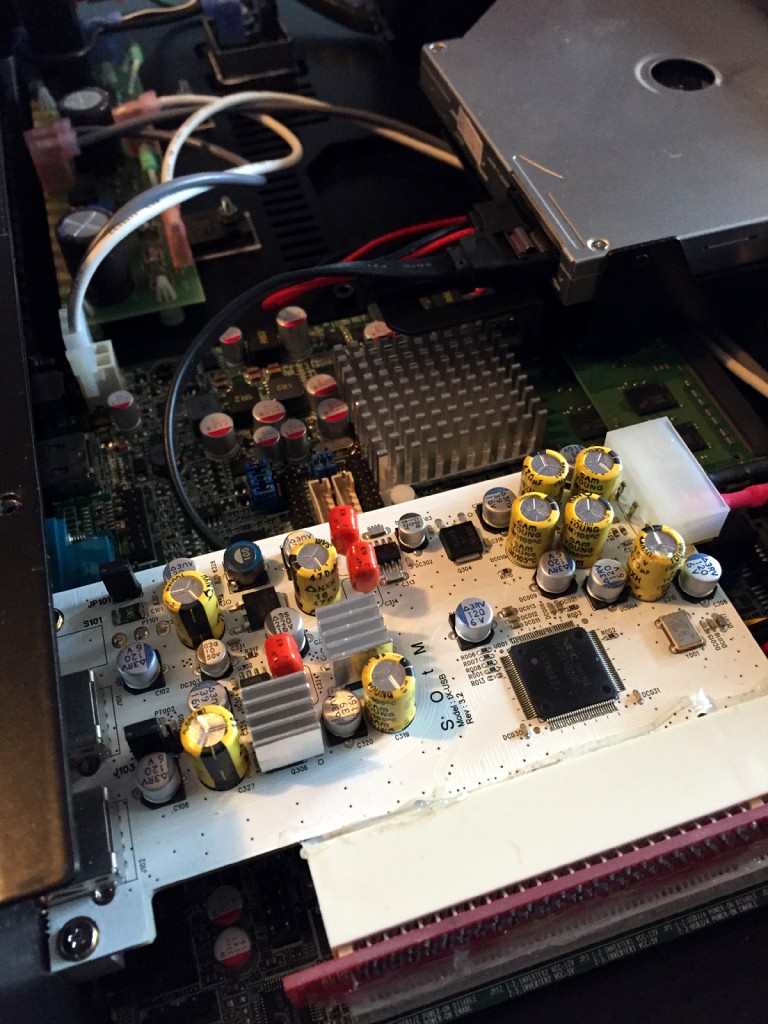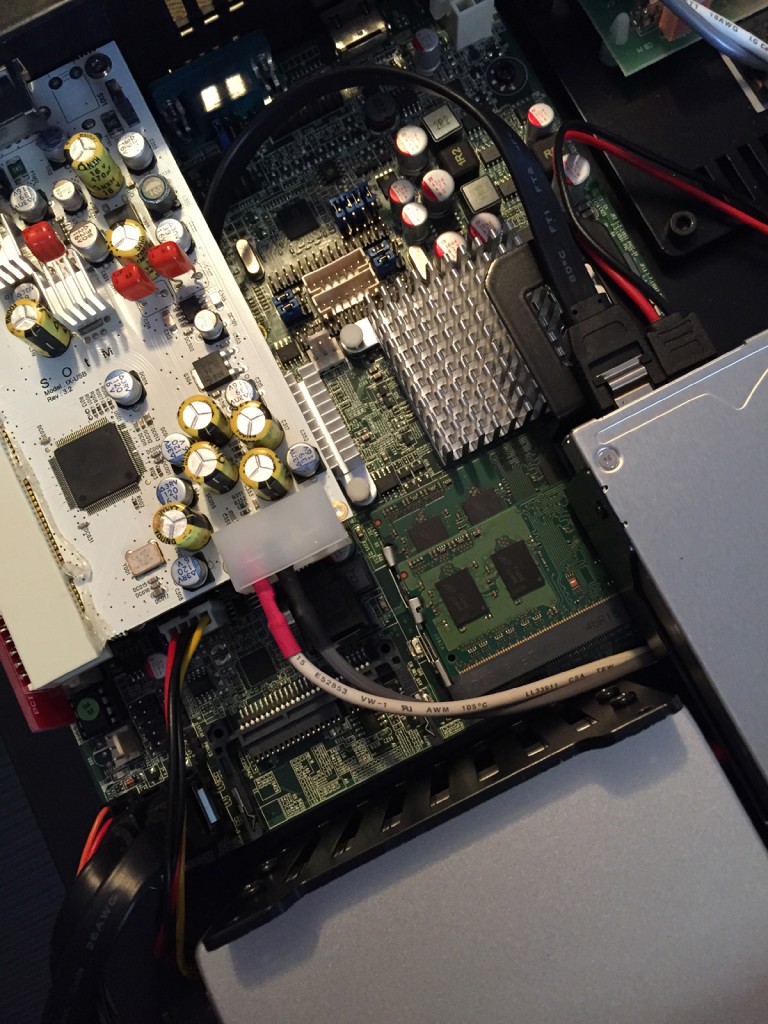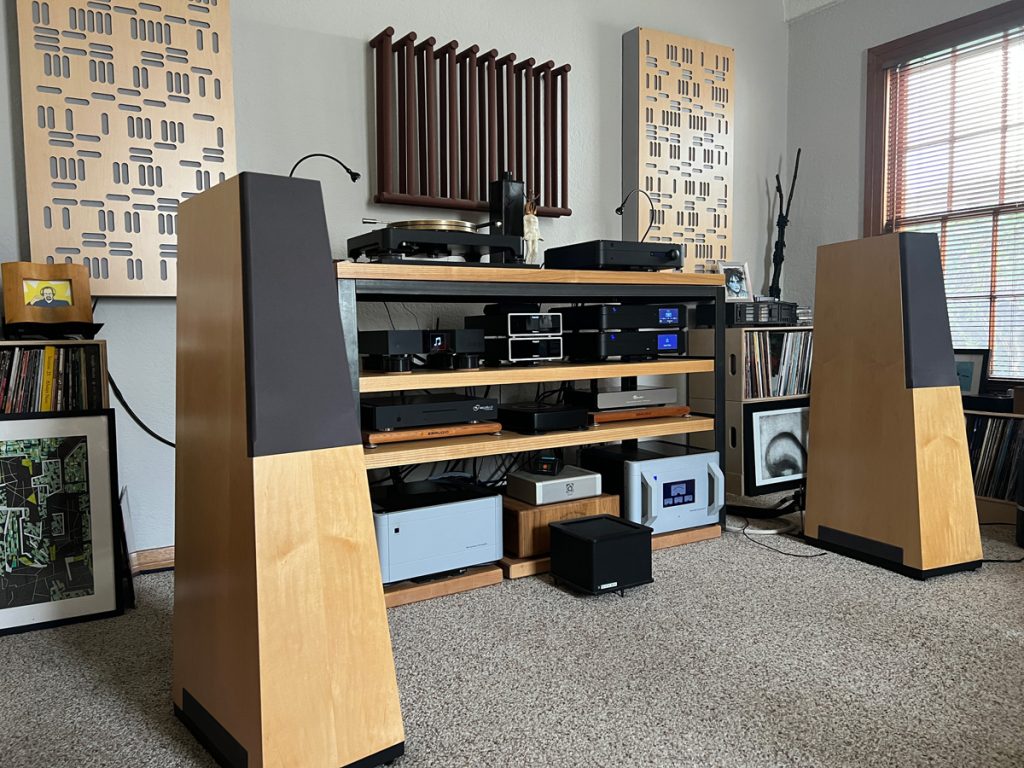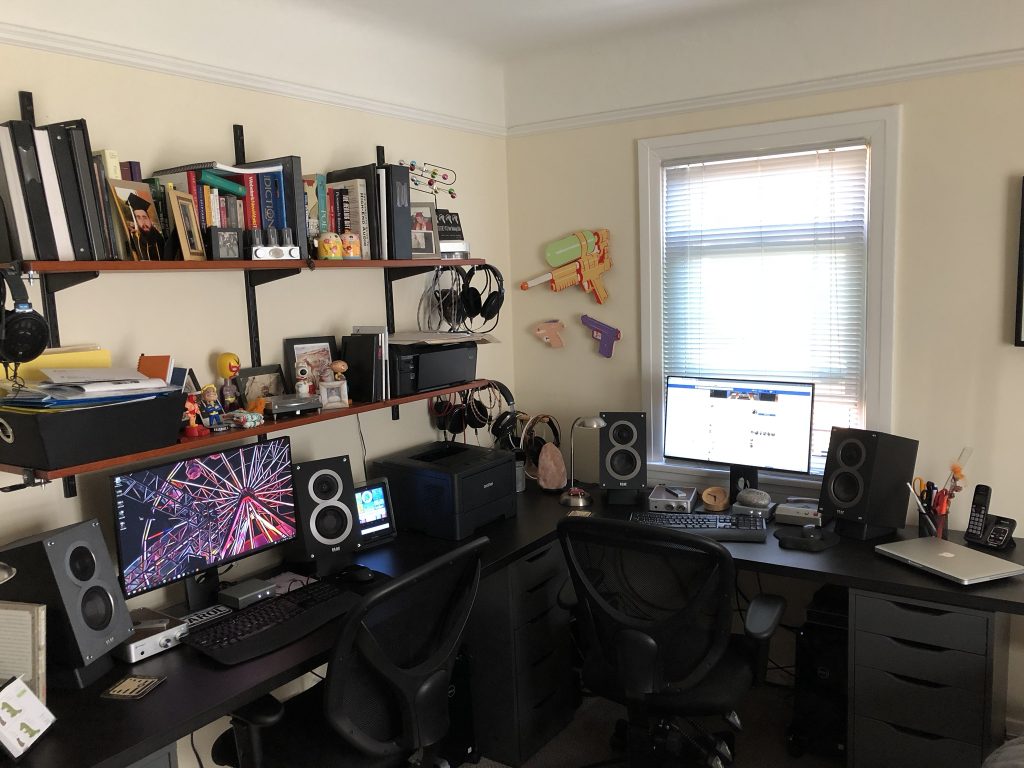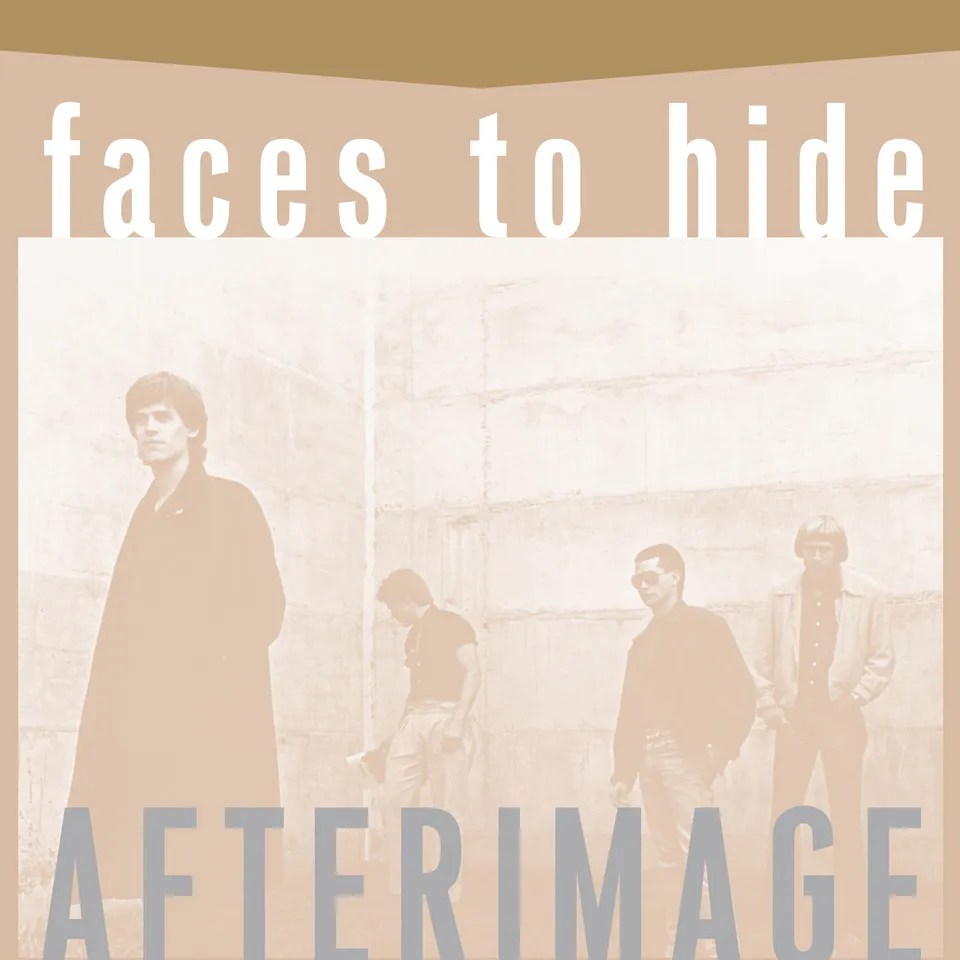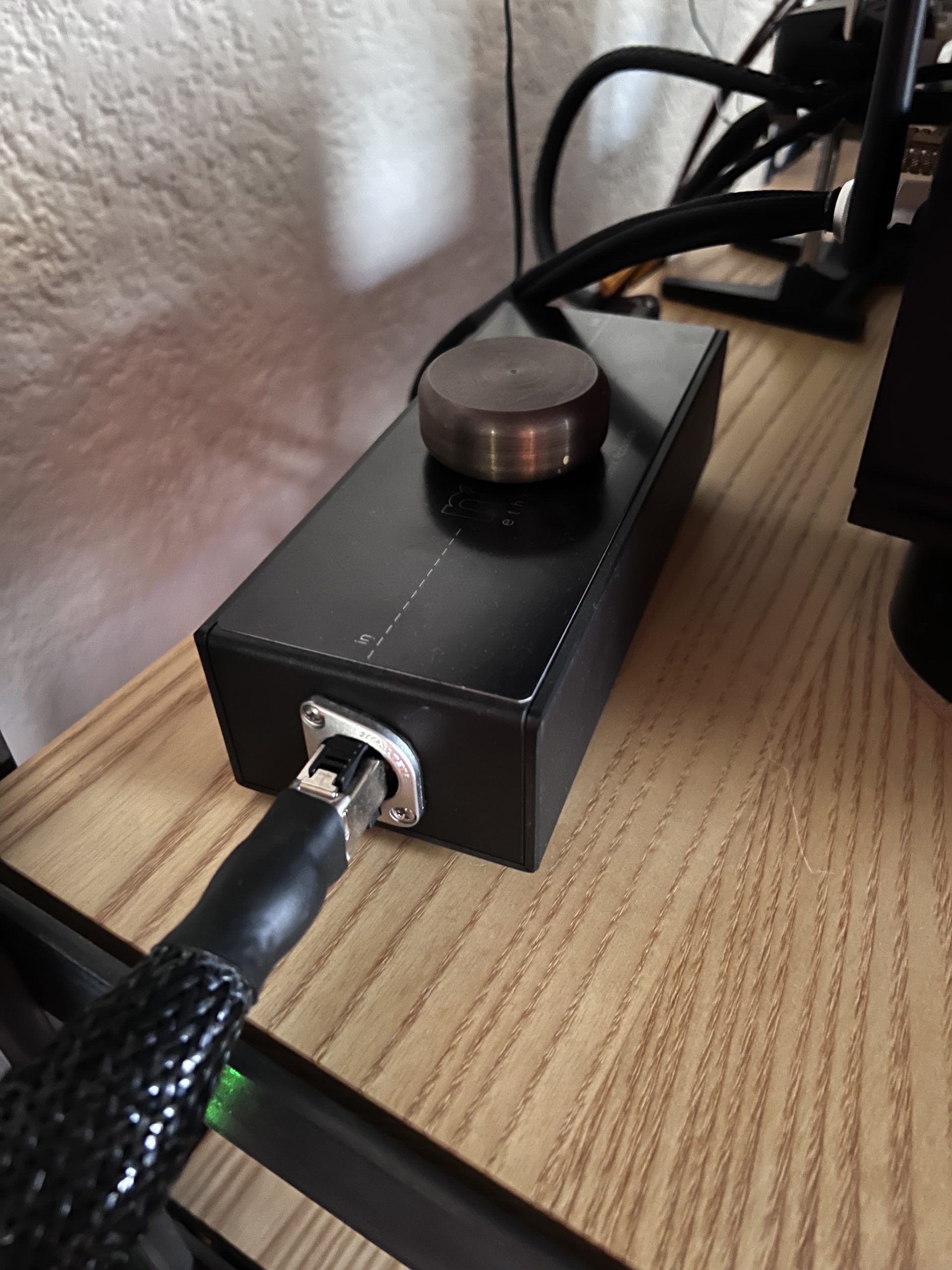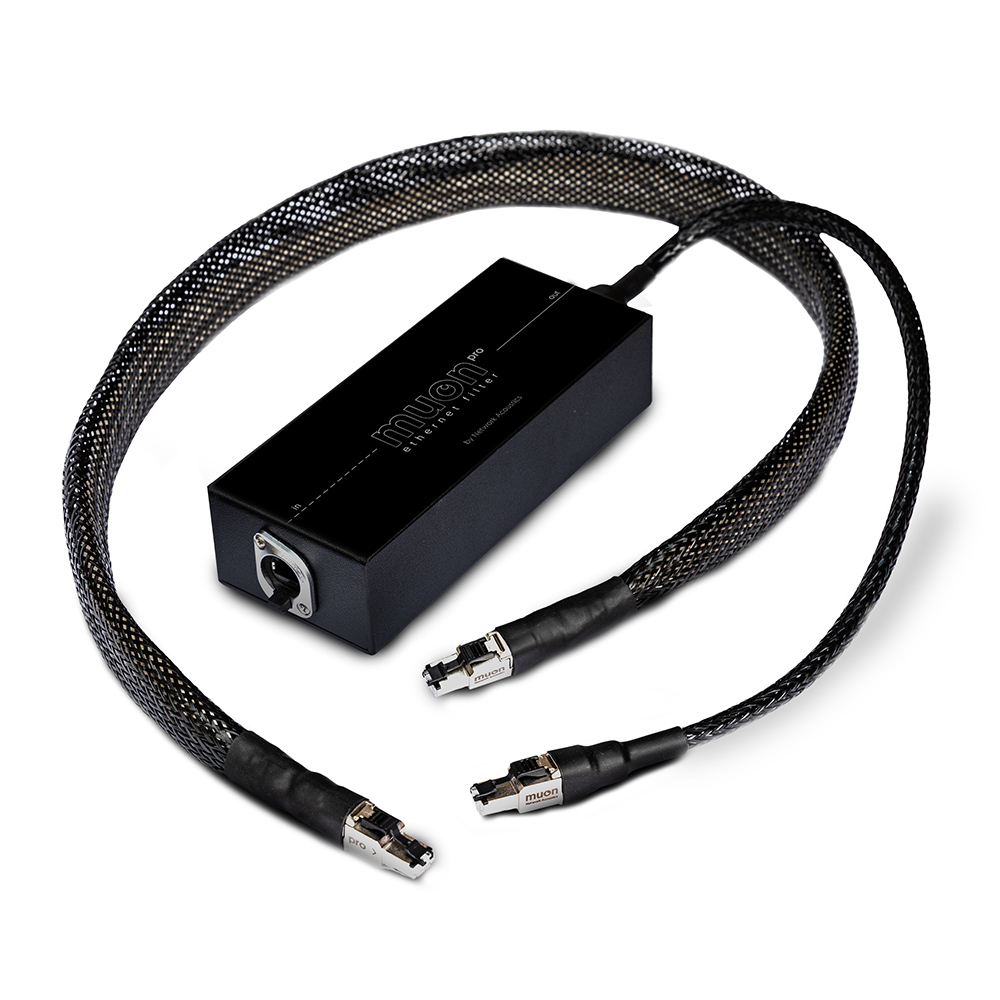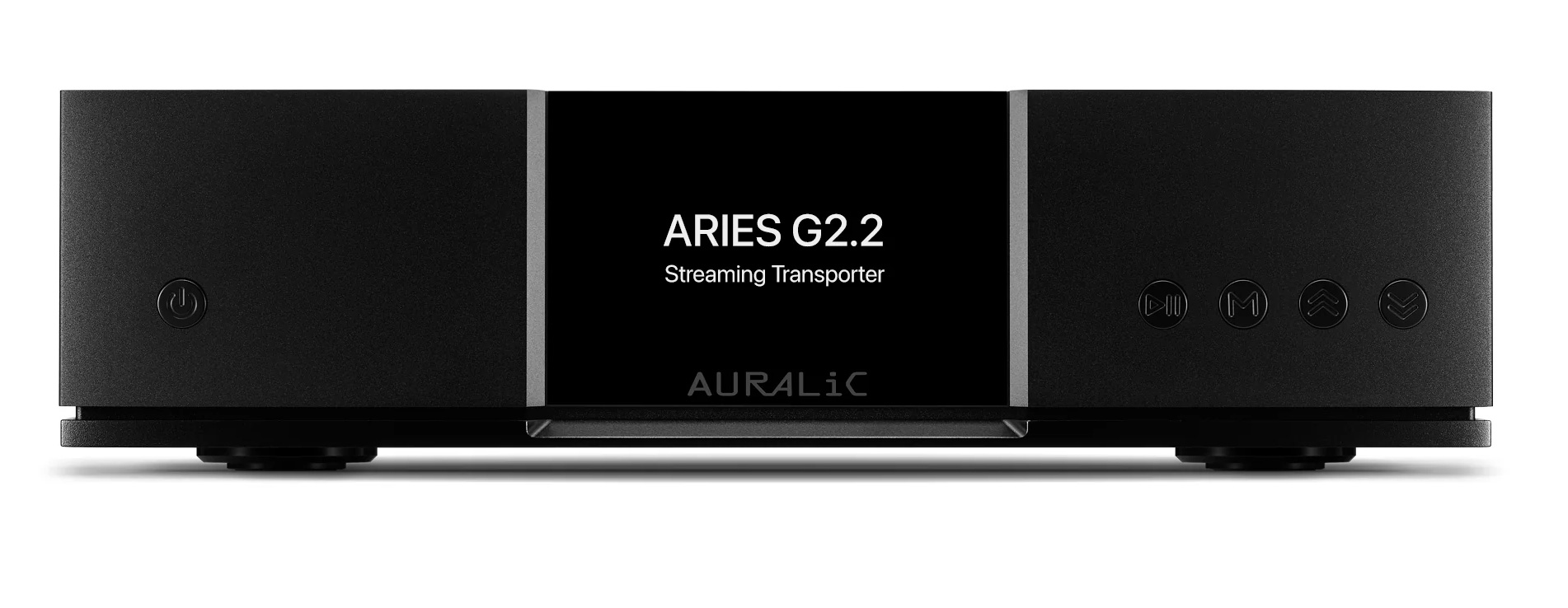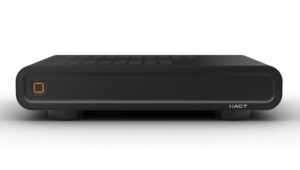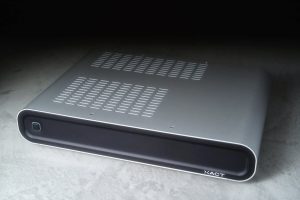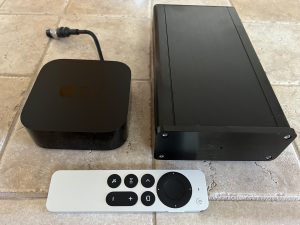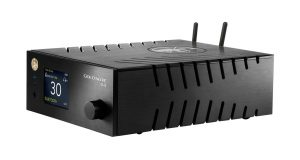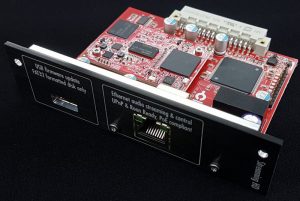As we move along the time continuum, expectations are that activities or whatever will become easier and easier. That is, what was time consuming and laborious, is now, and should become, faster and less difficult. These are the goals of a modern society. Which does not mean to make tasks or activities less fun or engaging, but why spend hours doing something to get something to do something when you need that something done now? Or at least want it. For sure, there is a joy in partaking in tasks that reflect art and patience—discipline and steps. Seeing something come about after time, sweat, and focus is most rewarding. But then, gee… why is this so difficult?
Playing a LP can either be plopping it on a platter, hitting on, and then dropping the cartridge, or it can be methodically cleaning, de-stating, and demagnetizing the LP after spending time calibrating your table and all. Either can bring you joy in the musical engagement—some just want it simple and now, while others might desire the total involvement in having everything just right.
Same applies to CDs where I can slide a disc and hit play, or go through many of the steps for LP playback. Why did we have to make things so difficult to enjoy our music? We all know the answer to that… the never ending pursuit of audio excellence. I mean, "How far can I go, what else can I do… to get things that much better?" So complete audio 'industries' have been created to make things 'that much better'… but at the same time making things that much more difficult and time consuming.
Which brings me to computer based playback. Oh my. Talk about how it can be as easy as downloading or ripping your music then hitting play, to performing an endless procession of tasks and options in the attempt to get it 'that much better.' Options? It is never ending. But then these are the waters we tend to play in.
So you got music files, how to get them from A to B to C to D? Well, most people go either the PC or Mac route, which then creates the choice of software, hardware, OS, ripping, treating, accessories, and so on. Yeah, you could just rip a disc and hit play in either iTunes or Windows Media, but now you got Amarra, Pure Music, JRiver, Audirvana, and so on. Which one do you want? How to rip? What file type? Output options? Updates? Fixes? Reboots? If by disc, then how to treat it prior? Cords, cables, feet, filters, DAC type, power supplies, modifications, tweaks… the list goes on and on.
Not that these are bad things, they are all good things, but then we initially wanted it simple, we wanted it good, and we wanted it to work. Now? We have taken something that should be easy, quick, and fool-proof and have made it complex, time consuming, and wrought with problems and endless options. We have ended up chasing the proverbial audio-tail, turning the future into the past.
So along come music servers to make it easier, faster, with fewer options; what you get is what you get. Plug and play. Point and go. Servers from Aurender, Auralic, Baetis Audio, and so on. Oh, and Antipodes, the unit under review here. All made to eliminate the clutter and confusing options we all struggle and argue over with a computer—though these are all really just computers, not a Dell or Mac computer that can do anything and everything, but a purpose-built computer to do one thing, and one thing only—to get your music files from A to B to C to D. Purpose built to eliminate issues with power supplies, noise, updates, software, files types, or whatever is running whatever in the background. Cool. Make it simpler, easier…
They all come pretty much as a plug-n-play unit. Software? Installed. You are using what we offer. No options. This is the best there is for what we have here—purpose written. Power supplies? Ditto. Modifications? Not really possible. They made it as good as one can—it is purpose built to do what it does—so this is what you get. File types? Does them all, but if you are into ripping, we got that covered too. Storage? Ditto. Like I said these are all built to do what they want them to do …meaning doing the best it can do…for the price… and so here you go. This is it. This is what you get.
Now these servers do come with some options, but they are more about functional as opposed to operational. Sure, as one moves up any of the lines the power supply gets better, noise goes lower, storage gets bigger, and things just get better. But again, it is pretty much a one box solution. Yea, you can play around with feet, cables, cords and what not—that is a given. These are all well though-out units, but are they truly plug-n-play? Do they offer us a trouble-free musical experience that is easy and fast? Well… with the Antipodes Reference Series DX Music Server… let's just say maybe.
From the Antipodes' site:
- All alloy chassis and fanless
- Auto CD Ripper to Uncompressed Flac
- Paranoid-mode for bit-perfect rips
- USB Audio 2.0 (to DXD & Double DSD) Output
- Plus auxiliary S/PDIF & Analog Outputs
- 1TB, 2TB or 3TB SSD Internal Storage
- Internal Linear Regulated Power Supplies
- User-switchable 110-120VAC or 220-240VAC
- Power consumption 44VA; 15VA standby
- 85mm (h) x 430mm (w) x 273mm (d)
- Shipping weight 7kgs
- Warranty 1 Year - All Manufacturing Defects
- The DX is our flagship music server, optimized for playback from internal solid state storage, up to 3TB, for the best possible audio performance.
"All Antipodes music servers can also play 'direct' from a NAS, achieving high quality audio performance by avoiding UPnP/DLNA. Therefore playback from a NAS can be used to augment storage capacity of the DX without a noticeable sonic penalty."
"This is fundamentally different to the use of UPnP/DLNA, and instead replicates playback from internal storage, far exceeding the performance possible from UPnP/DLNA playback. Some setup of your NAS is required for 'direct' playback, but our support team will do that for you remotely over the internet - you just need to book the session. With 'direct' playback, internal and external music will appear as a single combined library, with files stored internally sounding only marginally more immediate and resolved."
Meaning what to me here?
Well before we get into that, let me say that mine came with the 3TB of SSD storage, allowing me to put as much music on the unit as I desired. I have no knowledge if the unit is set to a Raid for backing up your files, as there is no mention of this in the supplied documentation. If not, back them up somewhere, somehow. Ripping was easy, though it did take a bit of time to do so: for me here, depending on the disc, anywhere from 8 to 12 minutes. I ripped a handful of music as well as copying over from my NAS to the Antipodes' drives various files. These files were either ALAC or .wav files of various bit rates. The unit I had only offered the USB output and not the S/PDIF option, so I can only comment on that output; though there are two USB options on the units' rear: powered and non-powered. I used the powered option to feed the Sonicweld Diverter USB to S/PDIF converter to the Playback Designs MPS-4 (which requires power) and non-powered to feed the USB input on the DEQX PreMate (which does not require power). Both USB options worked fine with no issues.
Okay, but to repeat myself… so meaning what to me here?
Meaning I loved the sound. I mean LOVED. The Antipodes presents music with such scale and density that it is scary good. Space, presence, texture… extension, detail, resolution… absence of any, ANY, glare, grit, brightness, hardness… but a lot of nothingness between the notes and within the music. Damn. Stuff just happened. The music played… it flowed... washing over you like the waves of the sea. Engulfing you… engaging you… sweeping you away. The Antipodes brought out the best, but did not editorialize or color the sound. What was there was there, but with the better the recording, the better it sounded… and yet, poor recordings took on a higher level of sonic pleasure—the Antiopdes dug deeper into the music letting the beauty come out, regardless of the quality.
Bass was deeper and more propulsive… tactile with texture and presence. Slam and dynamics. Toss in some Shlohmo or Ben Frost and wham—rolling thunder that goes on and on. Not boomy, bloomy, or loose, but tight and continuous.
On my better recordings, vocals floated and had a life-like a presence, but even on lesser recordings they sounded quite nice. Not filtering, just getting the problems inherent in computer-based playback out of the way so you can hear what your files really sound like. Well, at least what I want them to sound like. I have no idea what any of my music should sound like… only what I hear. And I liked what I heard from the Antipodes.
Treble was extended and airy… nice. Clean. Articulate. Open… same with the space of the music. Open, airy, space… space.
Quiet. Silent. Yet ready to pounce on you with power and grace.
Quibbles? Sonically? Musically? None. Zero. Zilch. Best I have ever heard my music being played back from files. Ever. Best part? No need to choose which software to use. Which file type to use or to rip to. No worries about tweaking the OS or whatever. Nothing to disable in the background. The Antiopdes does what it does... and does it well. Is it the internal dedicated linear power supply? No doubt. The purpose-built computer to address noise and whatnot? Makes sense. Internal storage to access files with minimal issues? Would think so. Optimized placement of this and that to silence any noise? For sure. Why? Because compared to my tweaked out iMac (OSX 10.5, 16 GB ram, 2.6 GHz, 256 GB SSD running the latest Pure Music, Amarra, Audirvana, etc.) sitting on an Atomic Labs platform being feed AC with a PI Audio AC cord while getting music files from a Drobo FS (Shakti Stones, isolation feet, etc.) via Audioquest Diamond Cat 6 cables … not bad, but not nearly as good as the Antipodes. Music from the Mac was thinner, less resolving with less resolution, grainer, grittier… less engaging. Pinced. Closed in. I would never have known this if I was not in the position to compare it to that of the Antipodes. Loved the music before… can probably deal with it after… not sure I could be as happy long term. I know too much now to go back. Less options, easier, faster… well hold on here. But could I live with it forever?
The quibble I have with the Antipodes is the interface. Just does not work for me. Not pleasing to use—clunky and not easier as we move forward. Too many tabs, and, for lack of a better word, antiquated in appearance. Antipodes uses an interface where you connect via your choice of browser to its address on your local network. Once there you have several options you need to run through to set it up. Nothing serious, some a little confusing, let alone intuitive—several tabs to open to do whatever—and then to play your music/files there is another tab where the playback window is less than elaborate or a thing of visual beauty. That is, it is centered on the Squeezebox interface and it all looks rather 'last season'… though it does work. Now I am doing this on an iPad and so the screen is small making touch activation a trial in frustration with scrolling through your music (in Artist) to be something that just it not happening—the scroll would not go past the letter L no matter what I did. On my MacBook, yeah it is better with a mouse, but the visual interest is still absent and you do need to either read the documentation or play around a bit to get tracks or albums to play as you desire. Sometimes frustrating, often times boring in terms of wanting me to search for music, rarely something I wanted to look at and use though it did not impede my listening pleasure once I chose an album or file. I like style and color, but that is me. This looks more like an engineer created it than a person with talent in the visual arts whose aim to raise the joy of interaction with the interface. It works and is functional—perhaps that is all one needs. But it is not modern and cool. So yeah, not as impressed with the interface as I was hoping.
At this price I would love to see their implementation of an interface with more bells and whistles—something more visually engaging. Pretty and colorful. Big and bold. Think JRiver, iTunes, or even those from Aurender and Auralic—all visually engaging and easier to use. But then that would certainly drive up the cost, and with the Antipodes it is obvious they put the money in the box. You hear it; you experience it… once that has happened it is hard to go back. Except that interface just does not call me.
[Note: After this went live I was informed that the SBS interface is not intended to be used with a tablet or mobile device. It is recognized as a serious handicap resulting in exactly what I experienced and that one should purchase iPeng allowing a more enjoyable experience—both visually and ergonomically. A follow-up might be in order.]
Which takes me back to the opening thought. Easier, faster, simpler? Yes and no. The Antipodes does require some time to set it up, especially so if you are using an external NAS combined with its own the internal drives. You do need to assign your DAC as well as create a name for the server after which it needs to be chosen once in the Squeezebox player interface. Some of this is simple and some of this is confusing. None of this without some instances of frustration… and even an instance or three of needing to redo it all. But once set, it is smooth sailing… it works. It makes music. No need to obsess or whatever about software, updates, and so on.
Oh, and for sure I changed PC cords. Better? Different. Same with USB cables. Different. Better is personal. Better is a preference, interpretation, or perception of what you want things to be… or think they should be. Want more this and less of that? Change this one to that one. Done.
Built like a tank, the Antipodes is eye-candy and ear-candy for the music loving audiophile. Now if they would just do something with that interface! Even so, my highest recommendation. Try one and you will sell your PC or Mac. It is a way better different.
Antipodes DX
Retail: $8500 ($6500 1TB, $7500 2TB)
Antipodes Audio
www.antipodesaudio.com




